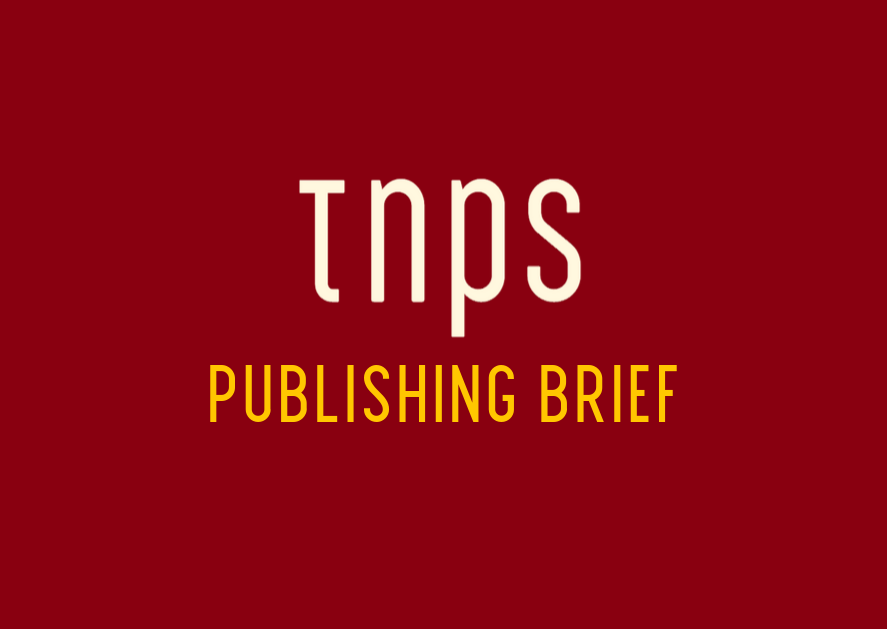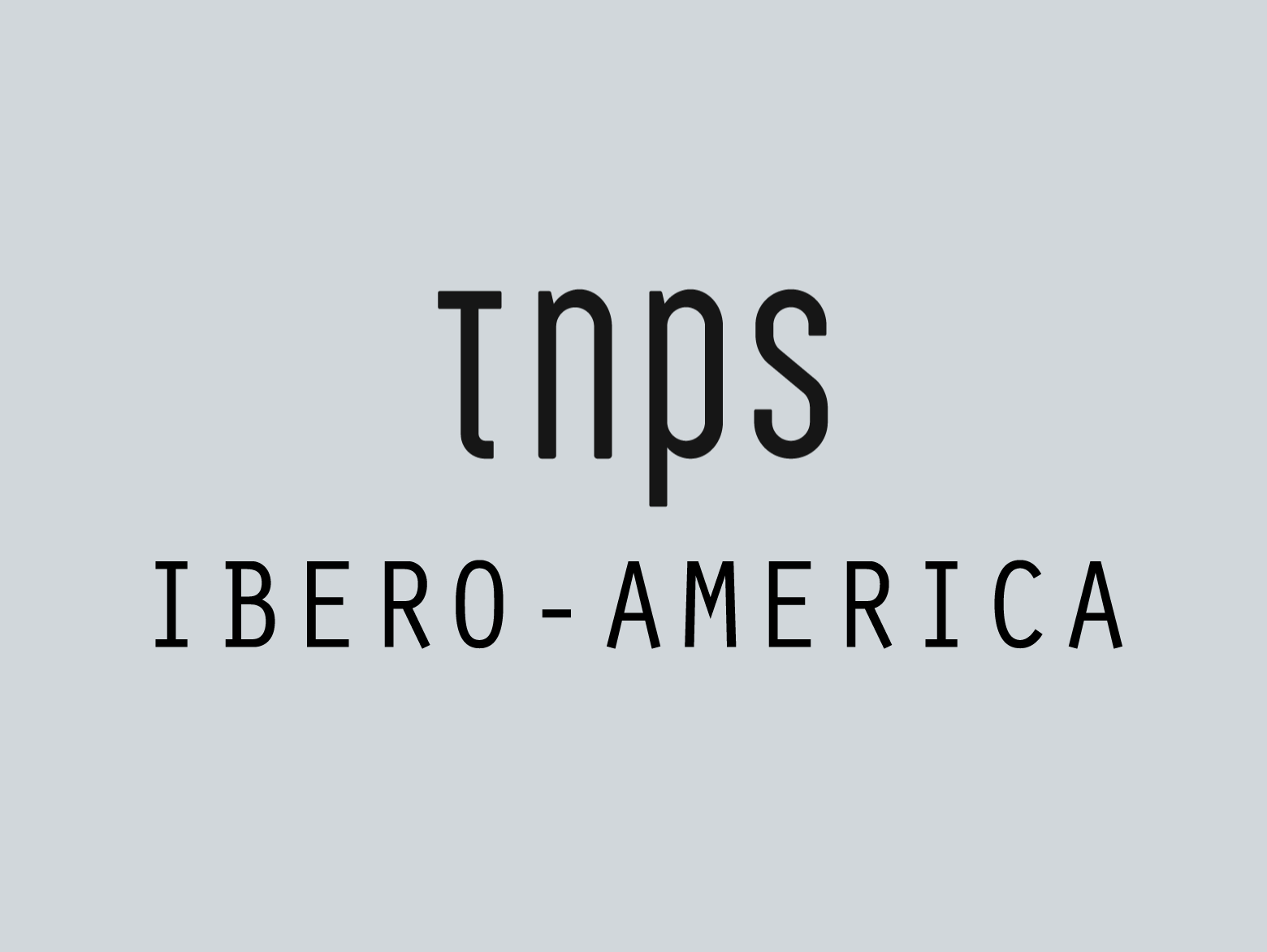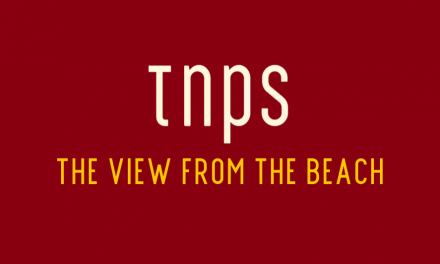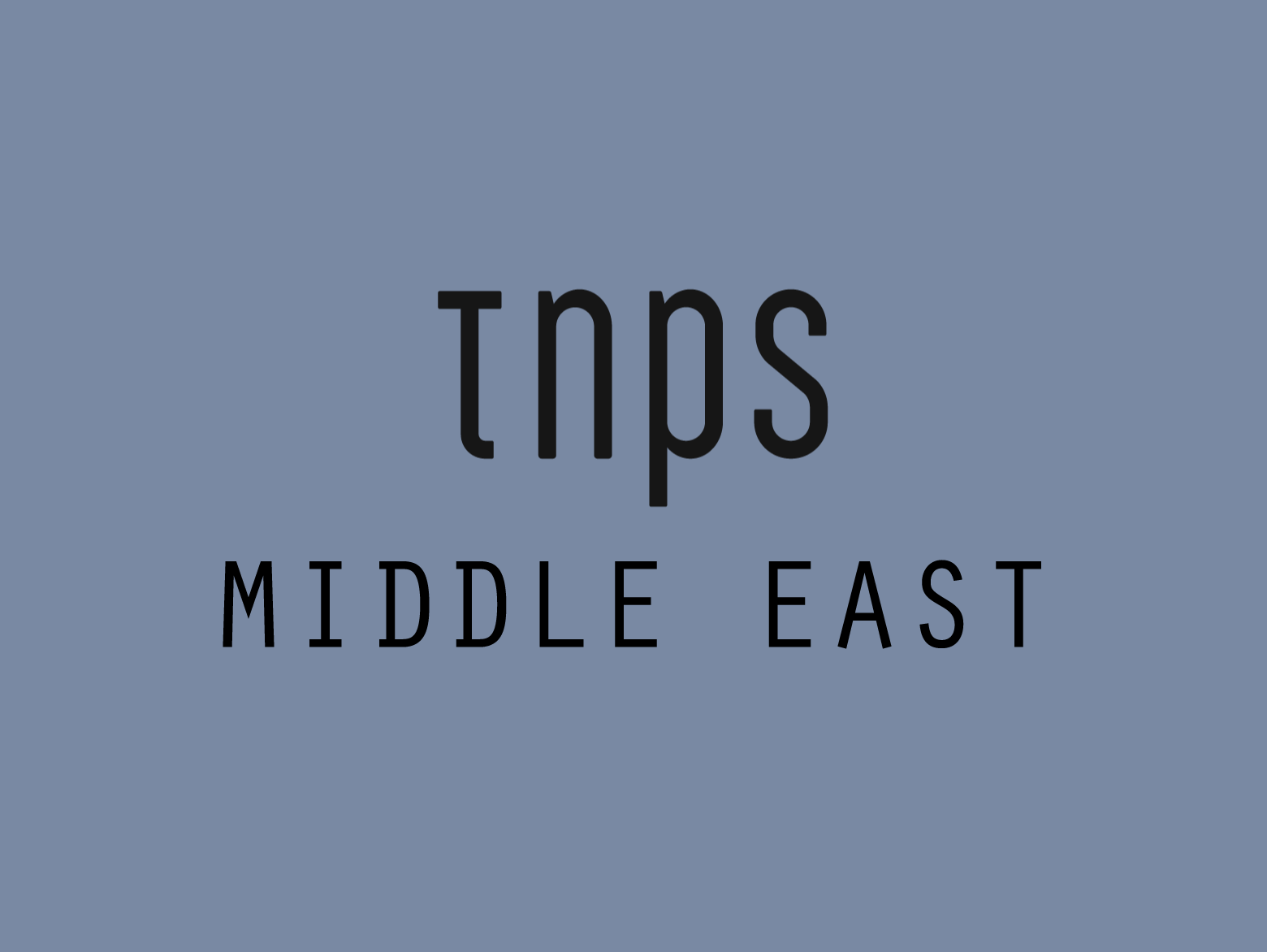Whosoever owns the platform owns the algorithms and can pretty much dictate what succeeds by dictating what is seen (an evolution of bookstore product placement issues).
I’m just back online fully after the latest internet slowdown, and so much to catch up on, so will keep this brief.
Storytel Norway, half-owned by Norwegian publisher Cappelen Damm, has been accused by rival publishers Bonnier, Kagge, Samlaget and Vigmostad & Bjørke of favouring Cappelen Damm content to the point of “barring” their titles.
Bok365 covers the story and Storytel’s response.
But what struck me as of particular interest beyond the Nordics angle was a report from Sölve Dahlgren over at Boktugg reflecting on Amazon Prime’s success story Daisy Jones and the Six (as reported in the Amazon Q1 report).
As summarised by Dahlgren: “When the newly produced series Daisy Jones & The Six premiered on Amazon Original, it went straight into first place on Prime Video globally. Within 24 hours of its release, the series’ soundtrack became the best-selling vinyl record on Amazon and the novel (Daisy Jones & The Six by Taylor Jenkins Reid) on which the series is based also reached number one on the Amazon Best Sellers List for all books.”
Nothing particularly surprising there – when a film or TV series of a book goes out the book and associated products gets a lift.
But this goes beyond such a simple explanation and to the heart of the issue raised by the Norwegian publishers in connection with Storytel.
Whosoever owns the platform owns the algorithms and can pretty much dictate what succeeds by dictating what is seen (an evolution of bookstore product placement issues).
But when the platform owner is also producing content, that raises potential legal (competition law) and ethical conflicts of interest, and ultimately can only be detrimental to consumers.
#digitalsubscription #digitalstreaming





